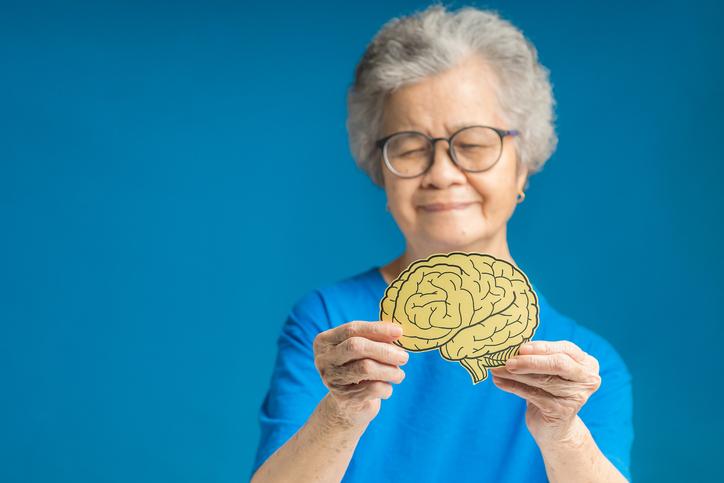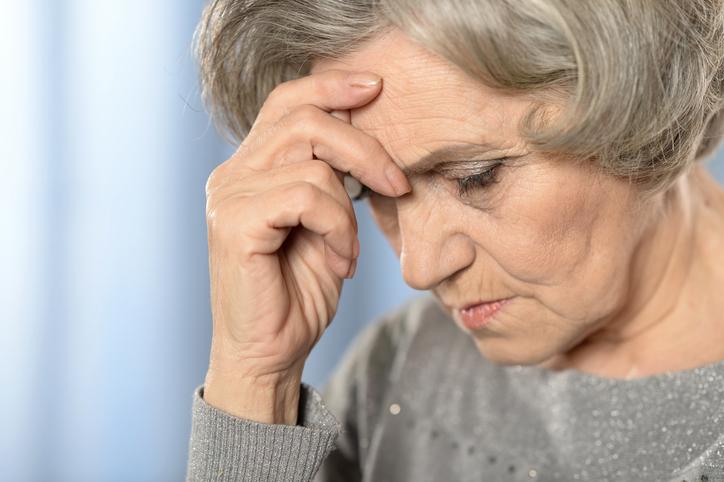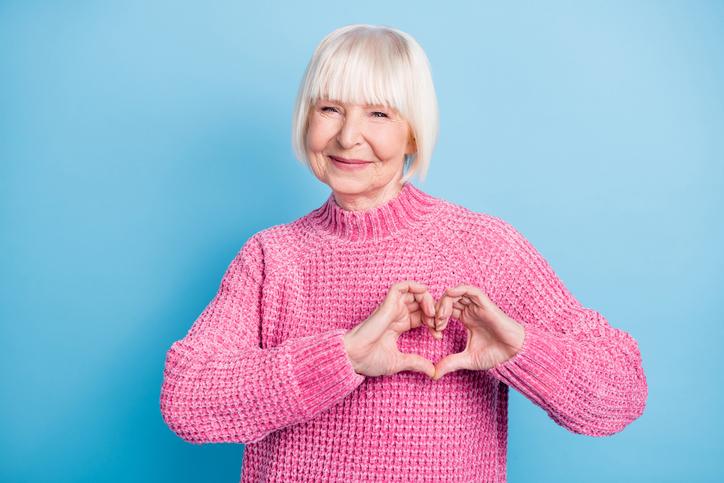13 декабря 2022
How Much Sleep You Need To Be Healthy


13 декабря 2022
How Much Sleep You Need To Be Healthy
## How much sleep do I need?
According to the Centers for Disease Control and Prevention, about 1 in 3 adults in the U.S. do not get enough sleep each day.
If you eat well and exercise regularly, but don't get at least 7 hours of sleep every night, your health is at risk. Researchers at the National Sleep Foundation conducted a large-scale study to find out exactly how many hours of sleep people of different ages need:
- 65 years and older: 7-8 hours
- 18-64 years old: 7-9 hours
- 14-17 years old: 8-10 hours
- 6-13 years old: 9-11 hours
- 3-5 years old: 10-13 hours
- 1-2 years old: 11-14 hours
- Under 1 year: 12-17 hours
> When you are young, lack of sleep is easier to tolerate, but as you get older, it increasingly affects your body. Sleep deprivation in the elderly provokes the development of chronic diseases and increases the risk of mortality.
## What happens when you don't get enough sleep?
__Reduced responsiveness__. Sleepiness slows down reactions as much as drunk driving. Statistically, fatigue is the cause of 100,000 car accidents and 1,550 deaths from crashes in the U.S. each year. Most often, it happens to drivers under the age of 25.
__Difficulty thinking and learning.__ Lack of sleep impairs attention, concentration, memory, reasoning, and problem-solving abilities. During the night, various sleep cycles play a role in "consolidating" memories in the mind. If you don't get enough sleep, you won't be able to remember what you learned during the day.
__Health problems.__ Sleep deprivation can lead to heart disease, heart attack, high blood pressure, stroke, and diabetes. Studies show that 90 % of people who suffer from insomnia have another co-morbidity.
__Decreased libido.__ Lack of sleep leads to depleted energy and increased tension, which kills sex drive.
__Depression__. Insomnia and depression are interrelated. Sleep loss leads to depression and exacerbates the symptoms of depression, which makes it difficult to fall asleep.
__Premature aging.__ When you don't get enough sleep, more of the stress hormone cortisol is released. In excessive amounts it destroys skin collagen, the protein that keeps skin smooth and supple.
Lack of sleep also leads to too little growth hormone being synthesized in the body. This contributes to the growth of muscle mass, thickening of the skin, and strengthening of bones.
__Increased body weight.__ People who sleep less than 6 hours a night are almost 30% more likely to be obese than those who sleep 7-9 hours. Reduced sleep time leads to lower levels of leptin and higher levels of ghrelin. Leptin signals the brain to be full and suppresses appetite, while ghrelin stimulates hunger.
Treat sleep as carefully as you would take medication. The number of hours of sleep you need is determined by your age and other factors, including genetics and environment. Seven hours of sleep is the minimum necessary for good health.













